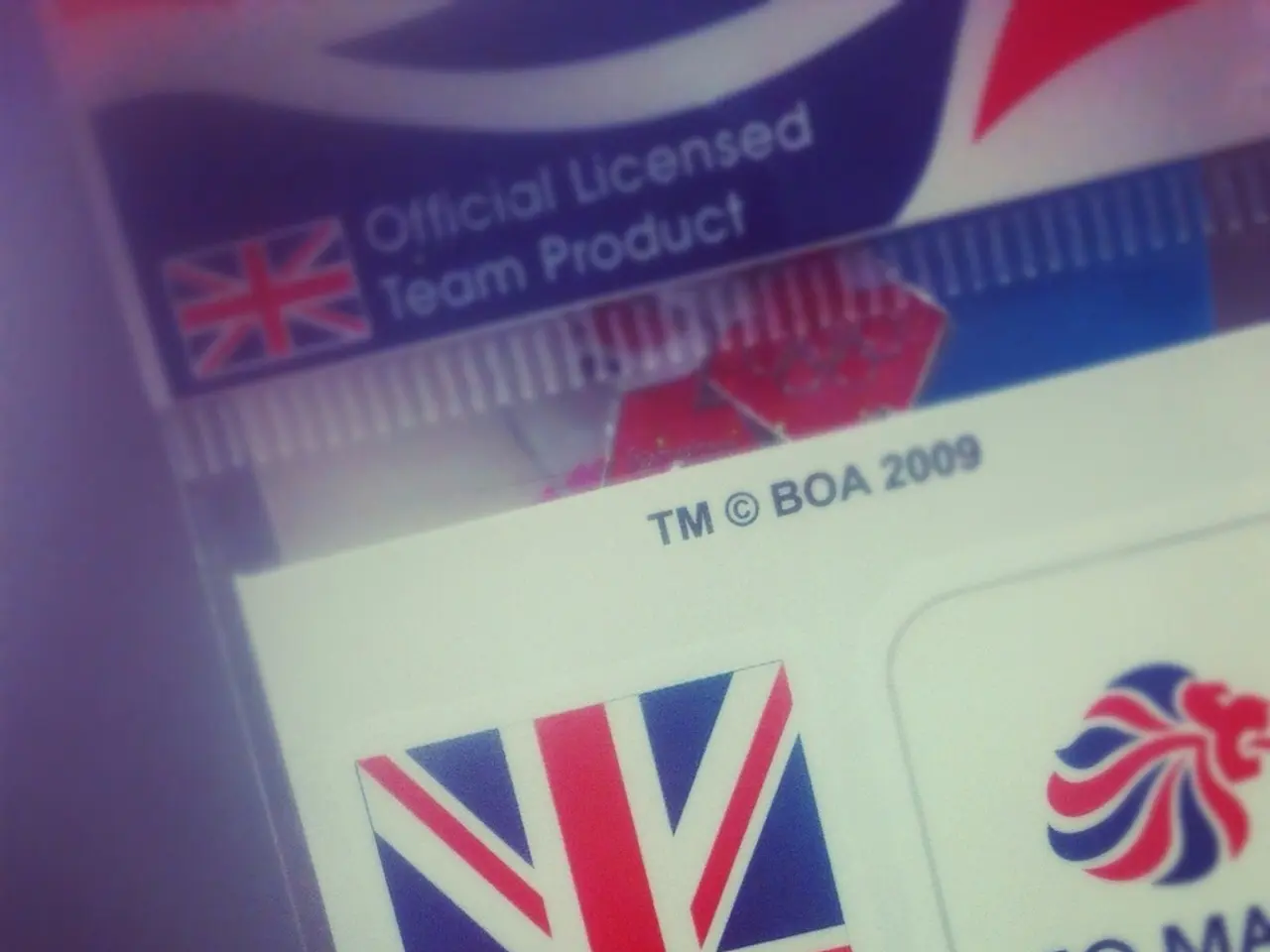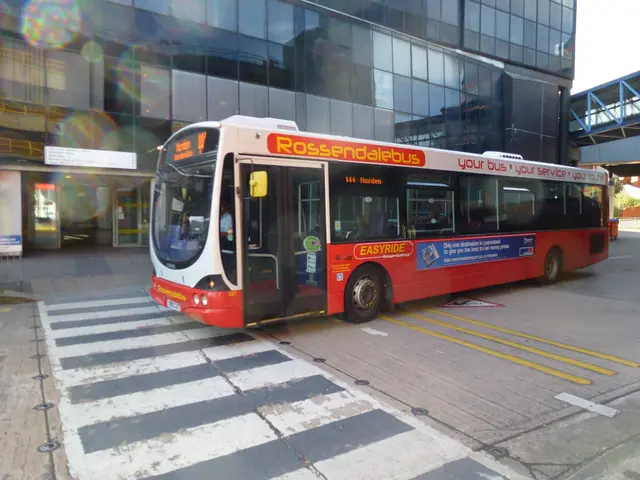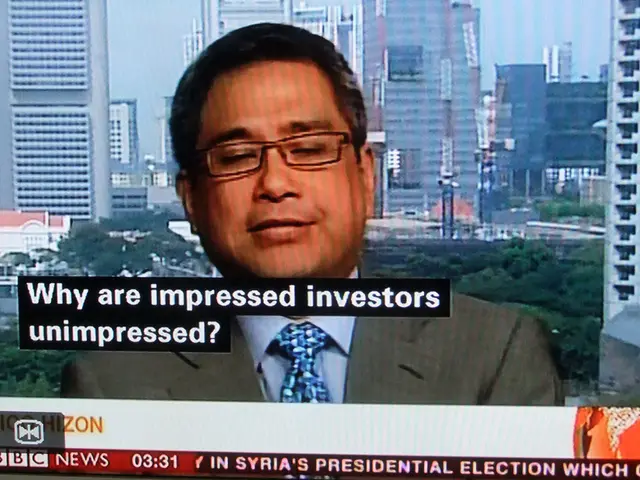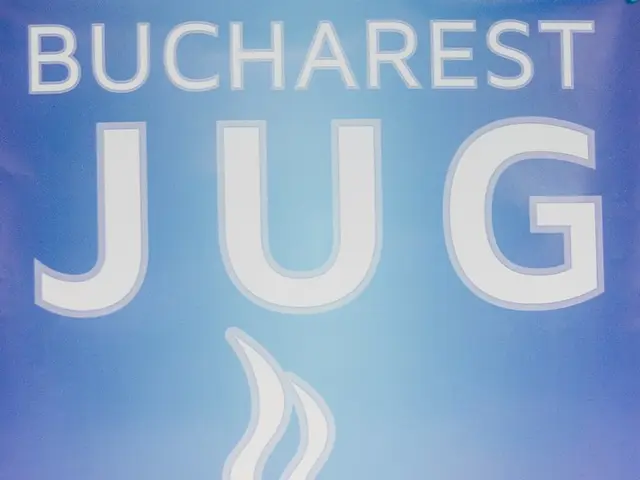Increased H-1B Visa Fee to $100,000 by Trump; New 'Gold Card' Initiative for Affluent Immigrants
The U.S. government has introduced a new residency visa known as the "Gold Card," designed for wealthy individuals and corporations. The initiative, announced during the Trump presidency, aims to provide lawful permanent residency (green card) to those who meet certain criteria.
Foreign nationals may qualify for the Gold Card by donating $1 million personally, or $2 million through a company, to the Commerce Department. The contributions for the new visa program will go into a Treasury fund to support U.S. commerce and industry.
The Gold Card promises expedited visa processing while remaining subject to security and public safety checks. It is intended to ensure that only "genuinely skilled workers" come to the country, as the White House cites abuse as a reason for the measure.
The Commerce Department will oversee the Gold Card program, working with the State Department and the Department of Homeland Security. The application process for the Gold Card must be established within 90 days. A government website promotes the Gold Card initiative, featuring Trump's photo, his signature, and images of a bald eagle and the Statue of Liberty.
The Gold Card will replace the EB-1 and EB-2 categories that provided green cards to individuals with exceptional professional ability. Traditionally, U.S. technology firms cover most of the visa-related fees, including the lottery entry charge and subsequent filing costs. However, with the new $100,000 annual fee, companies could face difficulties in maintaining their existing foreign workforce.
The H-1B program, which allows U.S. companies to employ foreign workers in specialized fields such as engineering, computer science, and research, continues to be a target during Trump's presidency. The new fee-based approach represents the most far-reaching change to date. In 2025, more than 70% of H-1B visa approvals were granted to applicants from India.
The U.S. government has increased the annual fee for H-1B visas from $1,000 to $100,000. Critics warn that the new fee could amount to a substantial crackdown on the H-1B program. Large technology companies such as Google, Meta, Microsoft, and Amazon will experience financial pressure starting in 2025 due to the new H-1B visa fees.
The administration is also considering a $5 million "Platinum Card," which would allow holders to stay in the United States for up to 270 days without paying taxes on their foreign income. However, this program does not lead to citizenship and requires congressional approval. An online waiting list has already been set up for the Platinum Card.
The U.S. approved approximately 400,000 H-1B visas in 2024, two-thirds of them renewals. With the new measures in place, it remains to be seen how the tech industry and the overall economy will be affected. The Gold Card initiative is a significant shift in U.S. immigration policy, and its impact will be closely watched in the coming years.
Read also:
- A Business Model Explained: Its Purpose and Benefits for Your Venture
- Trump administration faces lawsuit by Denmark's Ørsted over halted wind farm project
- U.S. takes a pledge of $75 million to foster Ukrainian resources development
- Deep-rooted reinforcement of Walkerhughes' acquisitions through strategic appointment of Alison Heitzman






